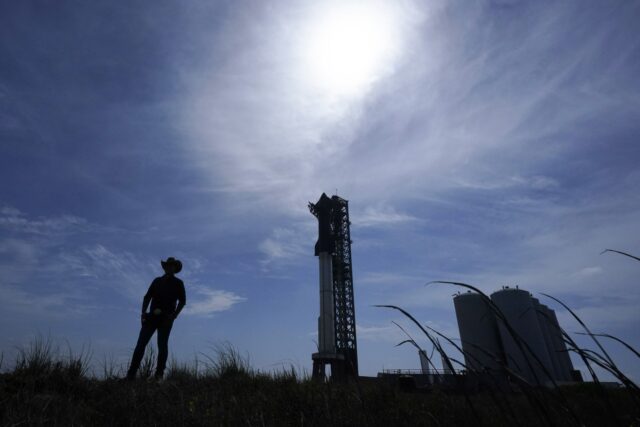A key gauge of factory activity in Texas unexpectedly tumbled in April, a survey released Monday by the Federal Reserve Bank of Dallas showed.
The Dallas Fed’s Texas Manufacturing Outlook Survey indicated that factory activity was flat in April after modestly growing in March. The production index, a key measure of state manufacturing conditions, slipped down from 2.5 to 0.9, with the near-zero reading suggestive of no change in output from last month.
Other measures of manufacturing activity showed what the Dallas Fed described as “mixed signals.” The new orders index improved five points to -9.6, remaining in contractionary territory for the 11th month in a row. The growth rate of orders index also remained negative but rose from the prior reading. The capacity utilization index edged up and the shipments index rose, although both also remain negative.
The general business activity barometer dropped eight points to -23.4, the lowest reading in nine months. The company outlook index slipped two points to -15.6. The outlook uncertainty index pushed up to 24.7, elevated relative to its average reading of 16.9.
Labor market measures suggest moderate employment growth but a slight decline in work hours. The wages and benefits index rose seven points to 37.6, a stubbornly elevated reading relative to its average of 21.0, suggesting that a tight labor market is still pushing up wages despite a year of interest rate increases from the Federal Reserve.
The inflation news was benign. The raw materials prices index was largely unchanged and indicated below-average increases in input costs. The finished goods prices index was also little changed.
Expectations regarding future manufacturing activity were also mixed. The future production index plunged from 13.5 to 3.0, with the low reading signaling little output growth over the next six months. The future general business activity index fell further negative, from -11.2 to -16.6. The Dallas Fed said most other measures of future manufacturing activity remained positive but showed mixed movements this month.
The Dallas Fed this month asked manufacturers questions about credit conditions. The results suggest some increased tightening of financial conditions. Sixty-six percent of firms said they had no difficulty obtaining financing for short-term uses, down from 71.1 percent in September. The share saying they had “some difficulty” rose to 25.1 from 19.1. Those saying they had “substantial difficulty” for short-term financing fell to 3,7 from 6.9. Those who said “extreme difficulty” climbed to 5.1 percent from 2.9 percent.
For longer-term loans, the story was similar. The share saying they had no difficulty fell to 65.2 from 70.1 in September. Some difficulty rose 5.3 points to 23.3 percent. “Substantial difficulty” fell as a share of respondents to 5.7 from 6.6. The extreme difficulty share rose to 5.7 percent from 5.2 percent.

COMMENTS
Please let us know if you're having issues with commenting.